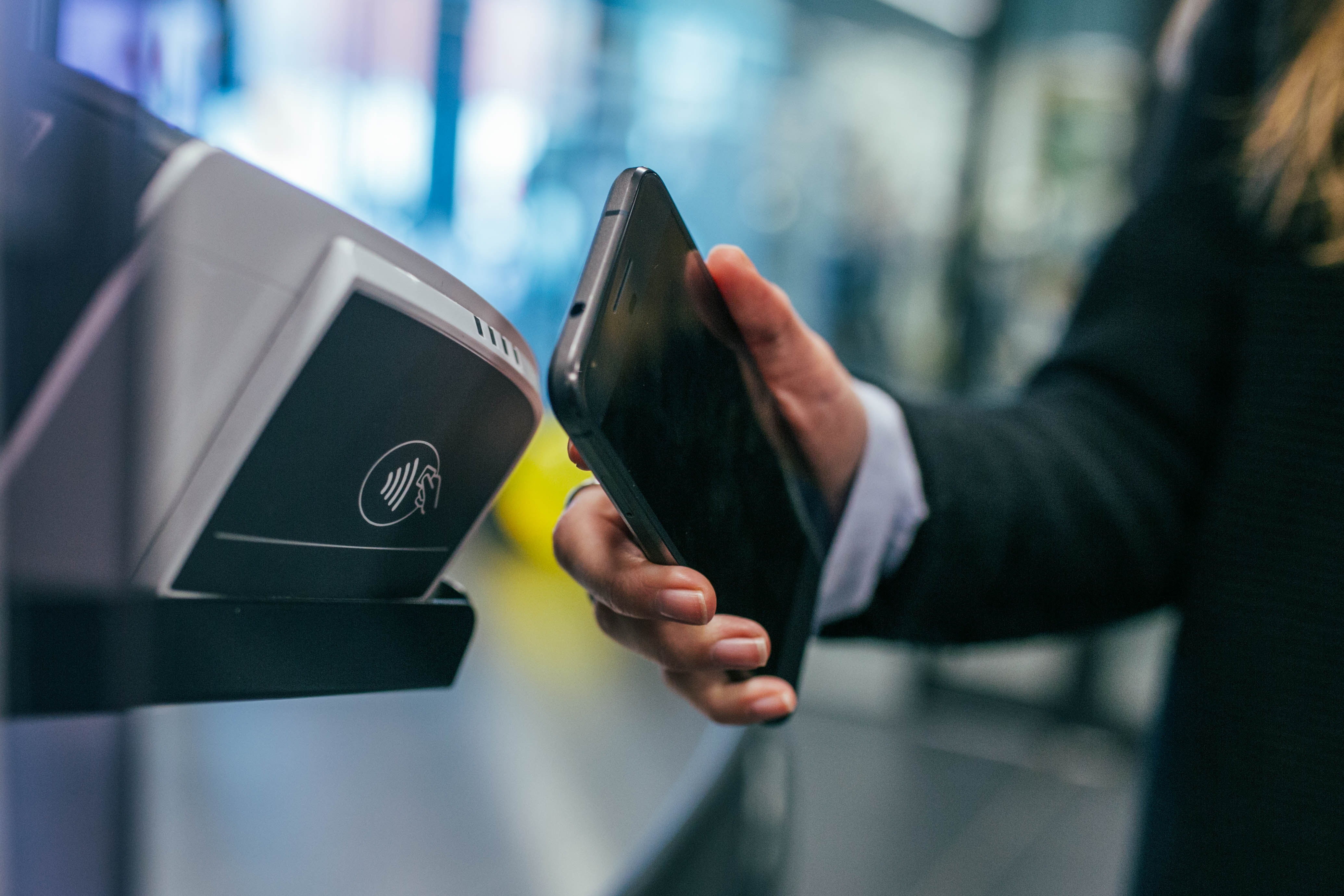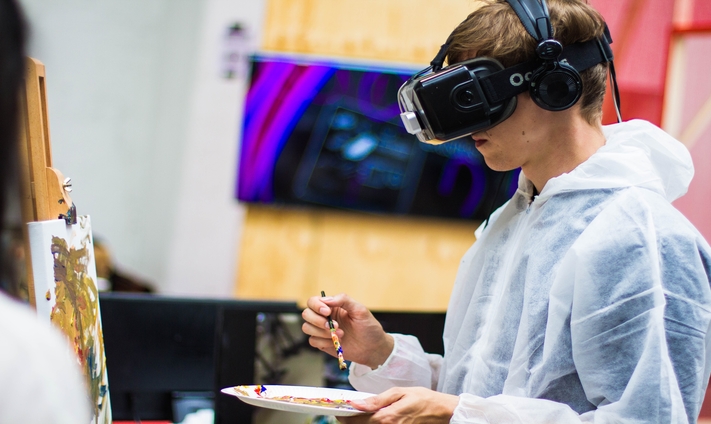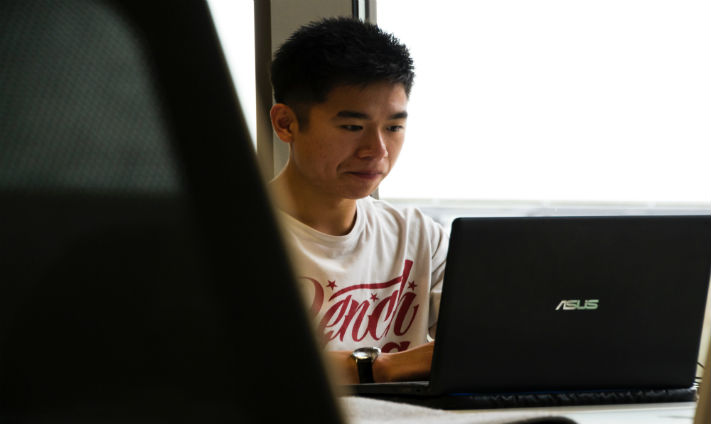The robots are coming and they’re here to steal our homes, our food, our families and maybe even our jobs. In 30 years time, we will probably be obedient servants to the AI overlords speaking fondly about a time when we would spend our days performing menial tasks like actually writing an email or scheduling your own meetings.
Well, at least that’s what some pessimistic thought leaders would have you believe.
At Jobbio we’re more likely to take the positive approach when it comes to the future of work and new research conducted by the Carnegie Mellon University and MIT has given us a lot of hope.
Researchers Tom Mitchell and Erik Brynjolfsson discovered that artificial intelligence (the very technology that many people fear) could actually help people become more efficient at their jobs.
“Our conclusion is that what’s likely to happen isn’t the wholesale replacement of jobs by computers,” Mitchell explained. “There will be a gradual evolution and redefinition of jobs so that the tasks that can be automated will be, which will free you, the person, to do other tasks more.”
 The study focused on machine learning i.e. how a computer learns how to perform specific tasks based on the kind of data it is fed.
The study focused on machine learning i.e. how a computer learns how to perform specific tasks based on the kind of data it is fed.
The researchers identified 21 different criteria to determine if machine learning could do 1,000 jobs. Criteria included whether there is a large amount of information for specific tasks, if that data is already online and whether workers have to make well-defined decisions based on well-defined inputs.
For example, part of a dermatologist’s job is to diagnose skin cancer. There has already been a lot of research done in this field. This data is also available online.
Mitchell explains this further;
“What happened here is that the machine learning algorithm was given about 130,000 training examples with the ground truths for determining whether or not [a blemish] was cancerous and that program was able to come up with a better strategy than the dermatologists,”
Because the machine was fed examples of blemishes that are cancerous and those that are not it was eventually able to make the determination on its own.
Would you trust a machine to be your doctor? That’s something that may take a bit of getting used to.











